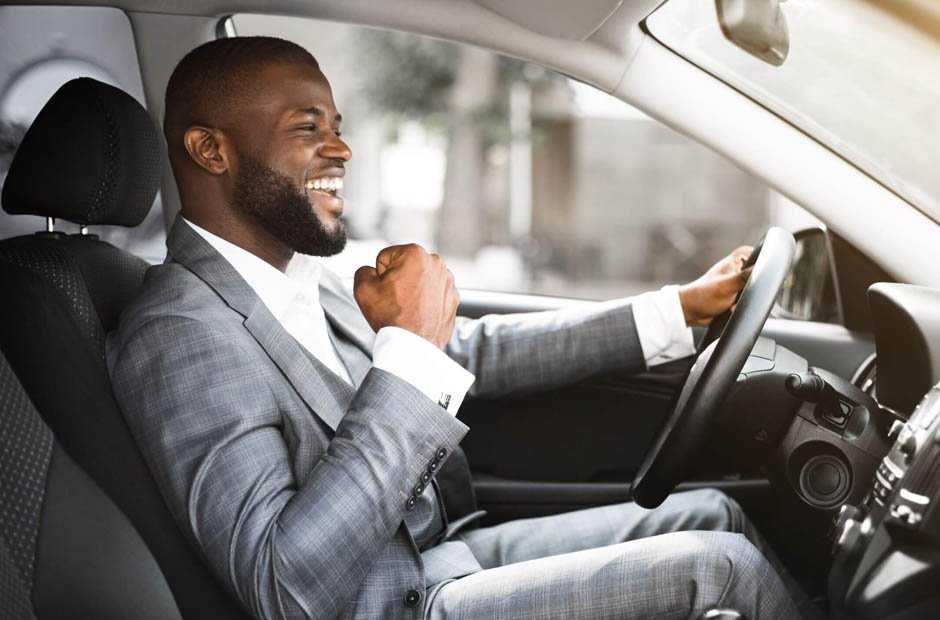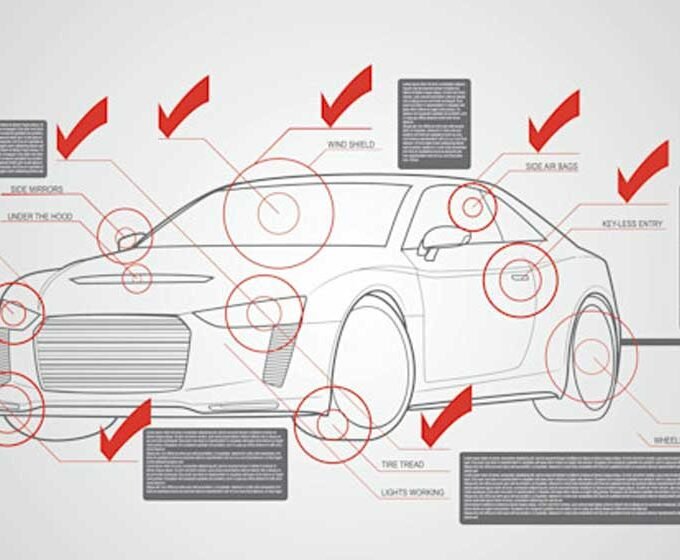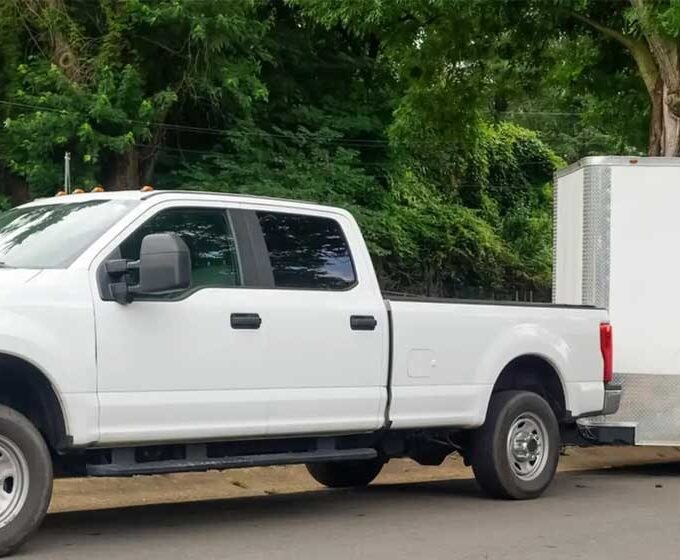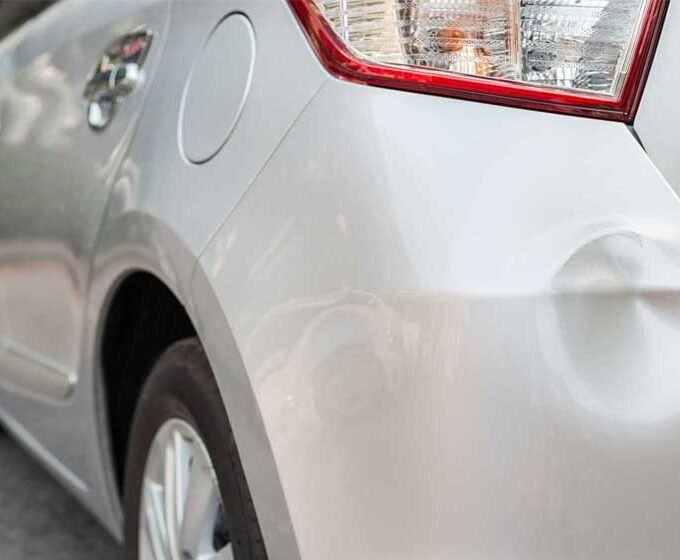When it comes to getting a new car, the decision between leasing and buying is a significant one. With so many factors to consider, such as financial implications, long-term commitments, and personal preferences, it’s essential to have a comprehensive guide to help you navigate through your choices. This blog post aims to provide you with a detailed overview of both options, so you can make an informed decision that best suits your lifestyle and financial situation.
What is Leasing?
Leasing a car is akin to renting an apartment. You pay a monthly fee to use the car for a predetermined period, typically 2-4 years. At the end of the lease term, you have the option to purchase the car, trade it in for a new lease, or simply return it to the dealer. Leasing is often appealing because it requires less (or no) upfront cost and offers lower monthly payments compared to buying a new car.
What is Buying?
Buying a car means paying for the vehicle’s full price, either upfront or through financing options. Once you’ve paid off the car (if financed), it’s yours to keep for as long as you wish. Buying is generally considered a long-term investment and offers the freedom of ownership, such as no mileage limits and the ability to customize your car.
Initial Costs
Leasing often has a lower initial cost compared to buying. Lease agreements may not require a down payment, or if they do, it’s usually smaller than the down payment needed for purchasing a car. On the other hand, buying a car typically requires a significant down payment to secure a loan with a reasonable interest rate.
Monthly Payments
Lease payments are usually lower than loan payments because you’re only paying for the car’s depreciation during the lease term, plus interest and fees. In contrast, when you buy a car, you’re paying for the entire value of the vehicle, which results in higher monthly payments.
Long-Term Costs
In the long run, buying a car is often more economical than leasing. While leasing provides the benefit of driving a new car every few years, it can be more expensive over time due to perpetual monthly payments. Conversely, once you’ve paid off a purchased car, you eliminate the burden of monthly payments and own an asset that still has value.
Mileage
Lease agreements come with mileage limits, typically ranging from 10,000 to 15,000 miles per year. Exceeding these limits can result in hefty penalties at the end of the lease term. If you drive a lot, buying may be a better option since it doesn’t impose any mileage restrictions.
Flexibility and Commitment
Leasing offers the flexibility to change cars frequently, allowing you to benefit from the latest technology and safety features without the hassle of selling or trading in your old car. However, it also requires a commitment to keeping the car in good condition to avoid end-of-lease penalties. Buying a car offers more freedom since you own the vehicle and can modify or sell it at your discretion.
Pros and Cons at a Glance
Leasing
- Pros: Lower initial costs, lower monthly payments, access to newer models more often, no worries about depreciation.
- Cons: Mileage limits, potential for end-of-lease fees, no ownership, perpetual payments if you continue to lease.
Buying
- Pros: Eventual ownership, no mileage restrictions, freedom to customize, can be more cost-effective in the long term.
- Cons: Higher initial cost, higher monthly payments, depreciation, responsibility for selling or trading in.
Consider Your Financial Situation
Evaluate your current financial status and future goals. If you prefer lower monthly payments and a lower initial cost, and you like the idea of driving a new car every few years, leasing might be the way to go. Options like Corsa lease deals can offer competitive terms that suit budget-conscious drivers.
Think About Your Car Usage
Consider how much you drive and how you use your car. If you drive long distances frequently or prefer having the same car for many years, buying could be more suitable. For those who love the latest models and technology but are concerned about high mileage, looking into a luxury vehicle like a Jaguar E-Pace with a leasing option might be appealing.
Evaluate Long-Term Value
Think about whether you see a car as an investment or a utility. If you’re looking for long-term value and the idea of owning your car outright is important to you, buying is likely the best choice. However, if you value flexibility and staying up-to-date with the latest car models without the hassle of ownership, leasing is a great option.
Conclusion
Choosing between leasing and buying a car depends on your financial situation, how you plan to use the car, and your personal preferences. While leasing offers flexibility and lower upfront costs, buying can be more cost-effective in the long run and offers the freedom of ownership. By carefully considering your needs and priorities, you can make an informed decision that aligns with your lifestyle and financial goals. Whether it’s exploring Corsa lease deals or purchasing a Jaguar E-Pace, the key is to drive smart and choose the option that best suits you.
















